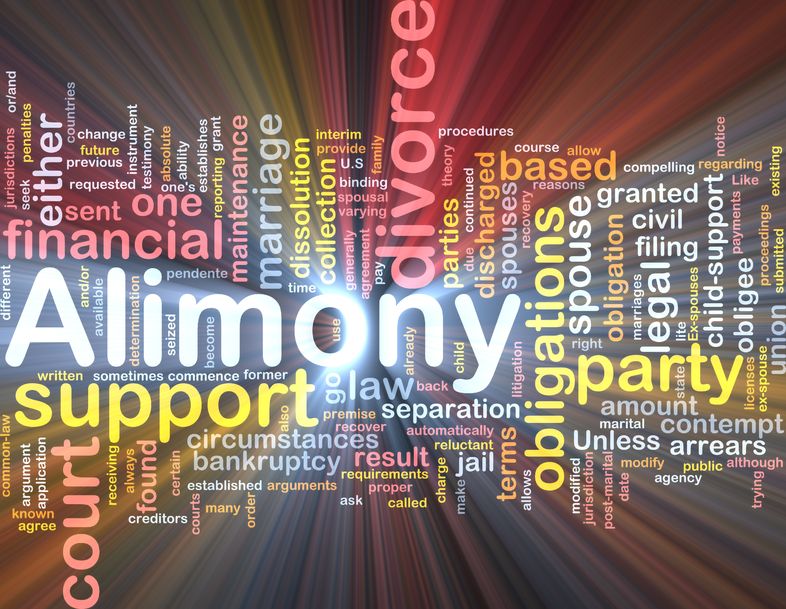Written by Jennifer A. Beckman, Beckman-Steen & Lungstrom P.A. Attorneys at Law, beckman-steen.com
Making the decision to end your marriage is never easy. The very thought of going to court makes some people stay in a bad marriage. A bad marriage can lead to loss of self-esteem, depression, substance abuse issues, and overall anxiety and stress. An unhappy spouse often cannot be an effective parent. Children know when a marriage is bad. When someone in a bad marriage is considering divorce there are ways to avoid the emotional and financial cost of a prolonged court battle. Alternative Dispute Resolution can be a highly effective way to end your marriage. Parties can decide to enter into their divorce by utilizing collaborative law practice, mediation, negotiation or other hybrid means of working toward a resolution out of court. For purposes of this article, the collaborative law practice will be discussed.
The collaborative process allows clients to resolve difficult emotional and financial issues outside the court system. In order to facilitate a settlement that is not forced upon you by the courts, parties can work together with the help of their collaborative attorneys, and at times with the help of trained financial and mental health professionals, to reach a settlement which is client driven. This can reduce conflict and the emotional and financial costs of litigation. Collaborative law allows the parties and their attorneys to work on a creative solution that best fits their family – not a cookie cutter version that is intended for all families regardless of their individual needs and issues. The parties do not get entrenched in the court system and there is no need to appear in court, however, the parties are given legal advice from their attorneys regarding the law, yet the parties can make the decisions as to how they want to shape their legal settlement. Complete information pertaining to income, assets and debts is exchanged and if the parties have difficulty with an issue the trained and neutral professionals can assist and advise the parties. If the collaborative process does not succeed, the parties are free to end it and continue through formal court proceedings against each other. If that does happen, the collaborative attorneys are required to withdraw from representation because the entire premise of the collaborative process is to allow the parties and their attorneys to work toward a settlement that is looking out for their best interests and not play games and position for court.
The collaborative process can benefit the entire family by identifying goals, issues and conflicts when looking at the best interests of the children, the financial needs of the family as separate units and any future concerns. The needs of the children, and of a spouse needing financial support, are addressed especially well in the collaborative process. Breaking away from any marriage and uncoupling can be very painful and the thought of moving ahead as a single person can be a frightening prospect, however, the collaborative process can allow you, your spouse and your children, if you have any, to plan a future in which you can co-exist and focus on helping all of you thrive.
Deciding to get a divorce and moving through that process can be one of life’s most challenging events. How you approach the divorce will have far-reaching consequences for you and your children. Moving forward in life with as little anger, resentment and bitterness as possible is imperative to your future well-being and that of your children. For those in a bad marriage, the collaborative divorce process offers a dignified way to divorce focusing on integrity, values, and privacy. Allowing you to keep your dignity.
About the Author: Jennifer A. Beckman, is a family law attorney who is a trained Collaborative Practice attorney but who also litigates non-collaborative cases through the court system.

Leave a Reply
You must be logged in to post a comment.